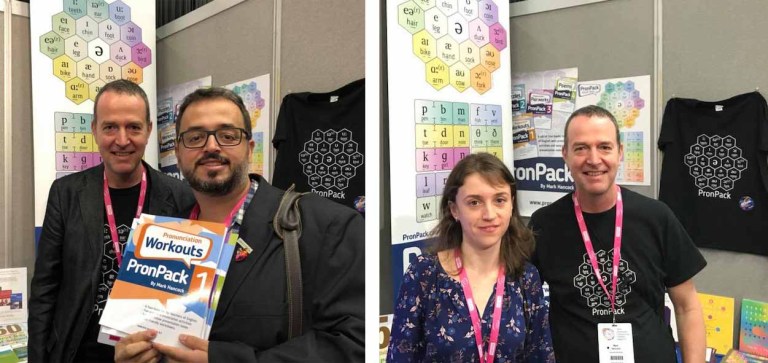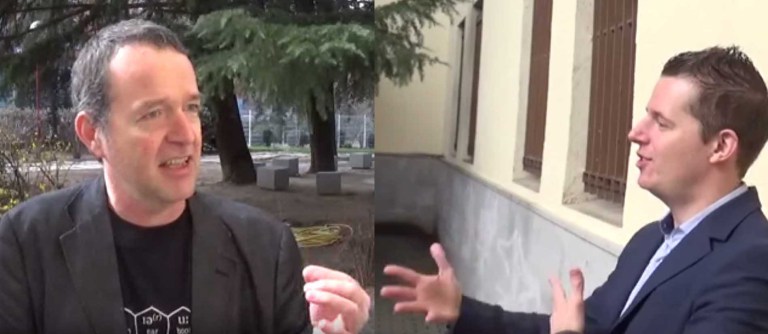
In my first post, article 1 in this series , I suggested that we must take account of the ELF premise – namely, that English is now used as a global lingua franca – when we are thinking about the goals of pronunciation teaching. One broad implication of this premise is suggested by the prism and light metaphor in the image above. The prism represents the ELF premise. In a pre-ELF scenario, our model of pronunciation is like the white beam of light before it enters the prism. It is a single, monolithic model – perhaps RP or General American. The vision is that everybody would learn to speak that way and everybody would come to understand English spoken that way. There was a symmetry therefore between productive and receptive pronunciation. Continue reading “Post-ELF 2: Accent Snobbery”



